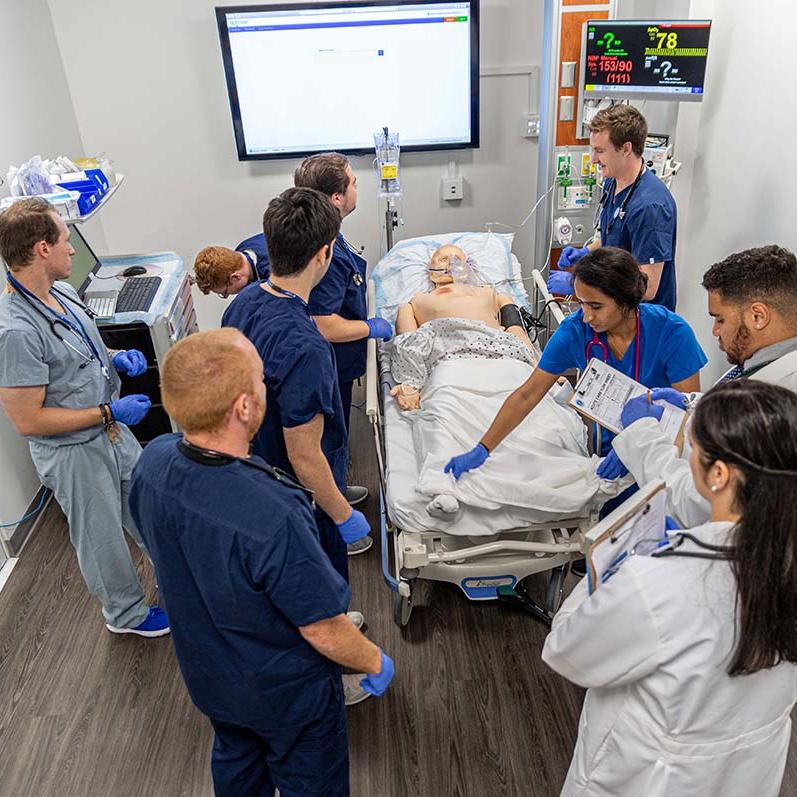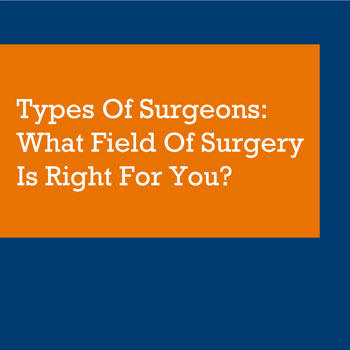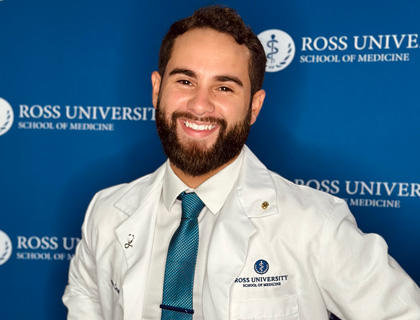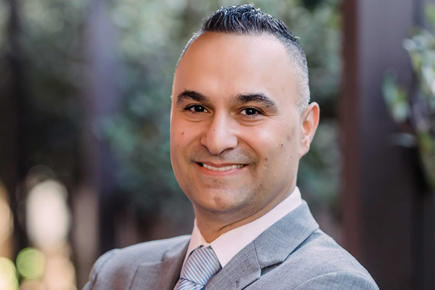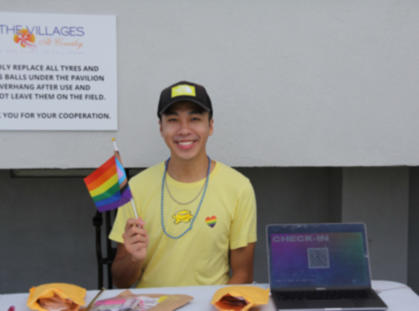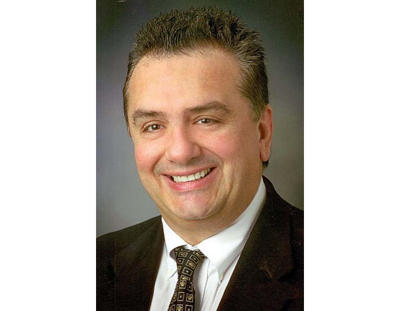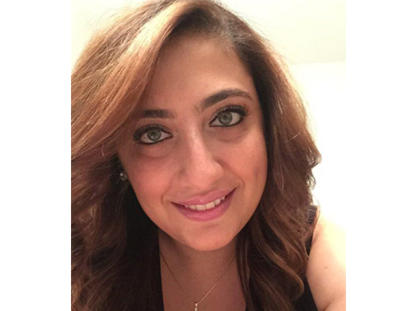Newsroom
Connect with Ross Med. Read more about our successes, your path to becoming an MD, and celebrate our alumni and where an MD degree can take you.
Latest Blogs
Blog
How to Become a General Practitioner
Interested in becoming a general practitioner? In this blog, RUSM details how to become a general practitioner and the steps you need to take to be successful!
Medical School Tips & Resources
Blog
Types Of Surgeons: What Field Of Surgery Is Right For You?
If you are interested in becoming a surgeon, you will first need to become a doctor. Then you will have to decide which of the different types of surgeons you want to be.

